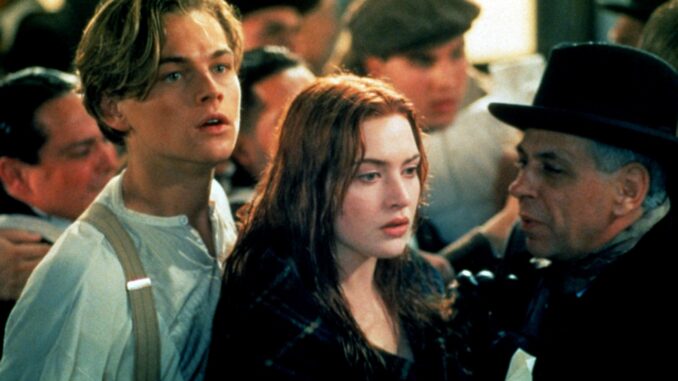
The Iceberg of Regret: Ethan Hawke and the Ocean of "What If"
The ocean is a relentless metaphor for life. Its vastness hides untold depths, its currents carry us on unpredictable journeys, and its icy peaks can sink even the most ambitious ships. For Ethan Hawke, the Titanic, not the actual shipwreck, but the legendary role of Jack Dawson, represents such a metaphorical iceberg. He didn’t collide with it, but he saw it coming, a glimmer on the horizon of his early career, and watched as another vessel, captained by a young Leonardo DiCaprio, sailed into its path and emerged a global phenomenon. The sting of missing out, though likely softened by time and success, undoubtedly left a mark, a subtle ache in the retrospective landscape of his career.
Hawke’s reflection on “missing out” likely wouldn’t be steeped in bitterness or jealousy. He’s cultivated an image of a thoughtful, introspective artist, more concerned with the integrity of his craft than the trappings of fame. However, the gravitational pull of a role like Jack Dawson, the sheer magnitude of its impact, is undeniable. It's a role that launched DiCaprio into the stratosphere, turning him into a heartthrob, a box office titan, and ultimately, a respected actor capable of commanding a significant voice in Hollywood. It’s impossible for any actor, especially one striving for recognition early in their career, not to ponder the “what if” scenarios.
Perhaps Hawke imagines the subtle nuances he would have brought to the role. Would his Jack have been more subdued, more vulnerable? He's known for playing characters with an inherent world-weariness, a sensitivity often hidden beneath a surface of quiet intensity. He might envision a Jack who is less of a romantic ideal and more of a relatable, flawed human being, clinging to hope amidst the encroaching despair of his circumstances. This isn't to say that DiCaprio's portrayal was deficient, but simply to acknowledge the infinite possibilities inherent in a well-written character, and to wonder about the alternative paths one actor could have taken.
Beyond the character itself, Hawke might reflect on the impact such a role would have had on his career trajectory. “Titanic” wasn’t just a movie; it was a cultural phenomenon, a global obsession. Landing the lead in such a film guarantees a level of exposure and opportunity that is almost unparalleled. It’s a springboard into a different league, one where choices become more expansive and artistic autonomy increases. While Hawke built a solid career through independent films and critically acclaimed performances, he might consider how the instant name recognition of “Titanic” could have opened doors to different kinds of projects, allowing him to explore avenues that remained less accessible to him.
Furthermore, the experience of being part of such a massive production would have been invaluable. Working with James Cameron, a director known for his meticulousness and his groundbreaking technical innovations, would have been a masterclass in filmmaking. Hawke, a writer and director himself, would have undoubtedly absorbed lessons about storytelling, visual language, and the sheer scale of cinematic ambition. The collaborative environment of such a large-scale project, the pressure, and the camaraderie, would have shaped him in ways that smaller, independent films simply couldn’t.
Ultimately, Ethan Hawke likely understands that missing out on “Titanic” doesn't define him. He’s forged his own path, one characterized by artistic integrity and a commitment to telling stories that resonate with him personally. He’s avoided the trappings of manufactured stardom, choosing instead to cultivate a career built on genuine passion and a willingness to experiment.
However, the “Titanic” story serves as a potent reminder of the unpredictable nature of success and the subjective experience of career trajectories. It’s a glimpse into the inevitable human tendency to ponder the “what ifs,” to consider the paths not taken, and to acknowledge the subtle ways in which seemingly small moments can reshape the course of a life. For Ethan Hawke, the ocean of opportunity, though rich and rewarding, will always contain a silent, icy reminder of the iceberg that he saw, but ultimately sailed past. It's a reminder that while the ship of his career has navigated its own successful course, the legend of the Titanic, and the role that slipped through his fingers, will forever linger in the vast, echoing depths of his professional history.